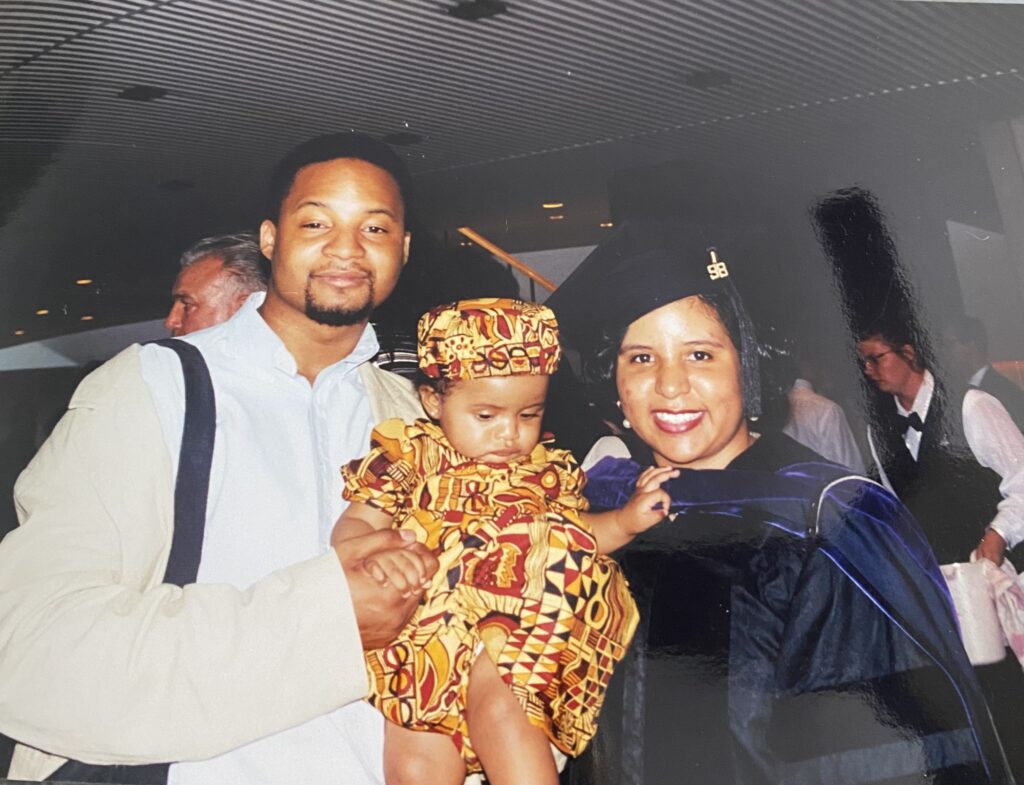I can summarize what Black History Month means to me in one word: Legacy. This is a month of reflection — an opportunity to give proverbial flowers to those who charted our path forward.
I come from extraordinary circumstances — fortunate enough to have matured in an environment surrounded by established attorneys. My mother is an attorney, as are my godfather, aunt, uncle and many of my mother’s friends. The level of familiarity I have with this profession is a rarity among African Americans.

Throughout my life, I have been able to rely on the diligent efforts of those who came before me. I was blessed with a village that equipped me with the tools to succeed, not only in the legal profession but in life as well. As was done for me, we must establish a legacy for future generations to leverage the dedication and accomplishments of their predecessors.
Law, as a career orientation, is the residue of years of molding, mentoring and preparation that is ingrained by environment, mentors and a personal passion. Not to mention the “lottery” of being born to loving parents, in a nurturing environment that prioritizes education and facilitates a mindset that the child can be anything they put their mind to.
I fully understand my experiences are the exception and not the rule. Most lives exist precariously at the whims of chance. The absence of food, shelter, transportation, viable employment or protection from abuse in the home is a reality most youth have to endure.
Maturing under such adversity erodes self-esteem, fosters insecurity and destroys the confidence necessary to believe in one’s ability to succeed beyond their means. Even worse, it’s this belief that is paramount to success.
“Inequality” is a very loaded term, as nothing in this world is equal. However, when speaking about disparities, it’s important to understand how inequality perverts the idea of society being a “meritocracy.” In a meritocracy, you get what you are worth. But it is disingenuous to deny how worth is an equation of opportunity, and that there exists an “opportunity gap” that is the genesis of rampant inequality.

I was made aware of this inequality by my family, and it’s been a constant passenger during my journey to Big Law. Every room I entered — from private elementary school, to advanced placement classes, to college, to law school and finally to Big Law — people of my ilk progressively were disappearing, making the inequality more and more apparent. Soon it became a glaring reminder of my obligation to right historical wrongs, blaze new pathways and provide support and assistance to those wrought with adversity based on who their parents are, the address of their home and the location of their school.
As we honor Black History Month, let us not only celebrate the achievements of trailblazers and visionaries but also commit ourselves to dismantling barriers and creating a more equitable future for all. Let us build a legacy and provide support, resources and opportunities to those who have been historically marginalized.
Imani Maatuka is an associate in the Dallas office of Sidley Austin with a practice focused on commercial litigation and disputes.
